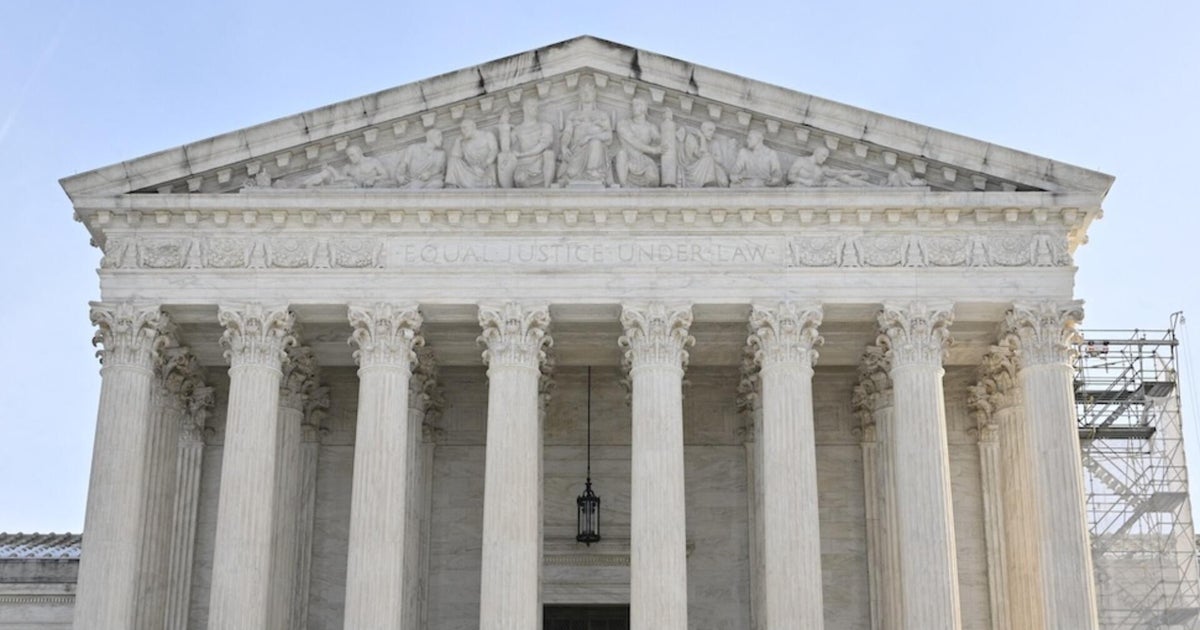No funding allocated for Proposition 36 in Newsom's $322B state budget, advocates push back
SACRAMENTO -- California state lawmakers will soon be tasked with approving their version of a spending plan after Gov. Gavin Newsom released his revised budget Wednesday. The May Revise aims to solve a $12 billion budget deficit.
The proposed $322 billion state budget includes plans to roll back state-funded health insurance for undocumented immigrants, as well as a proposed cut to Planned Parenthood's budget by a third.
Newsom's budget also eliminates health care coverage for drugs used for weight loss, like Ozempic.
The Governor blamed the massive budget deficit on the uncertainty of a "Trump Slump" caused by the president, pointing to his tariff policies and likely cuts to Medicaid.
One item not mentioned at all in the state budget is causing a stir for some conservative lawmakers and law enforcement advocates. There is no funding allocated for Proposition 36 -- the tough-on-crime ballot measure that voters passed in a landslide in the November 2024 general election, increasing penalties for certain drug and retail theft crimes.
Those advocating for Proposition 36 to be funded in the state budget say they needed anywhere from $250 million to $400 million.
"It's incumbent upon the state and legislature to find a way to fund this issue," said Greg Totten, CEO of the California District Attorneys Association. "California voters have given us a very clear directive. They support addressing retail theft, they support addressing the drug issue and homelessness and they want treatment for those they see on their streets."
Totten first fought to get Proposition 36 passed in November, and now the fight continues to get it funded.
"It's the compassionate, the responsible, the right thing to do," said Totten.
Under Proposition 36, those who face drug charges specifically could be charged with a treatment-mandated felony. But after the new law's rollout, there are still few options for help.
"We are seeking funding for probation departments that supervise individuals that are subject to Prop 36. And we are also, very importantly, seeking funding for behavioral health departments that provide the mechanism for treatment of those individuals suffering from substance use disorder," said Totten.
Proposition 36 was presented as a crackdown on crime meant to reform California's Proposition 47, which in 2014 reclassified many retail theft and drug-related felonies to misdemeanors in the effort of preventing prison overcrowding and saving the state money.
Critics of Proposition 47 said it opened the door for unprecedented crime over the next decade with little to no consequence.
But as Newsom points out, on the new measure, Prop 36 was passed by voters with no funding source.
"Prop 36, as you know, is an unfunded mandate," Newsom responded Wednesday at his budget announcement when a reporter asked if any funding would be allocated for the measure.
Though Prop 36 is now left out of the state budget, Newsom says it will eventually get funding from an "ironic" source.
"Prop 47, which they decry and criticize, is the source of those funds," said Newsom.
The Governor went on to add, "They'll have the benefit of that 68 million over the next few years by taking money away from similar programs under Prop 47."
Newsom was met with pushback following Wednesday's budget proposal from Republican lawmakers.
"People want public safety to be the top priority. This Governor and this legislature is ignoring the voices and will of the people of California," said Sen. Tony Strickland, (R) Huntington Beach.
The California State Association of Counties (CSAC) was also not pleased that Proposition 36 funding was left out.
"Seventy percent of California voters have declared Prop 36 a priority. As a result, the state should do the same and fund the work that needs to happen at the local level," said Graham Knaus, CEO of the CSAC.
So, where does the money to fund Proposition 36 efforts come from if not the state budget?
"It'll be a patchwork. For small jurisdictions, it's a huge challenge, even for some medium-sized jurisdictions," said Totten. "We should never assume that local government can just fix it, that local government has the resources."
Proposition 36 is in its infancy and the true impacts on the judicial, probational and behavioral health spaces are not yet quantified, as noted by both its supporters and adversaries.
The California District Attorneys Association and other advocates say they will continue to push for state funding.



